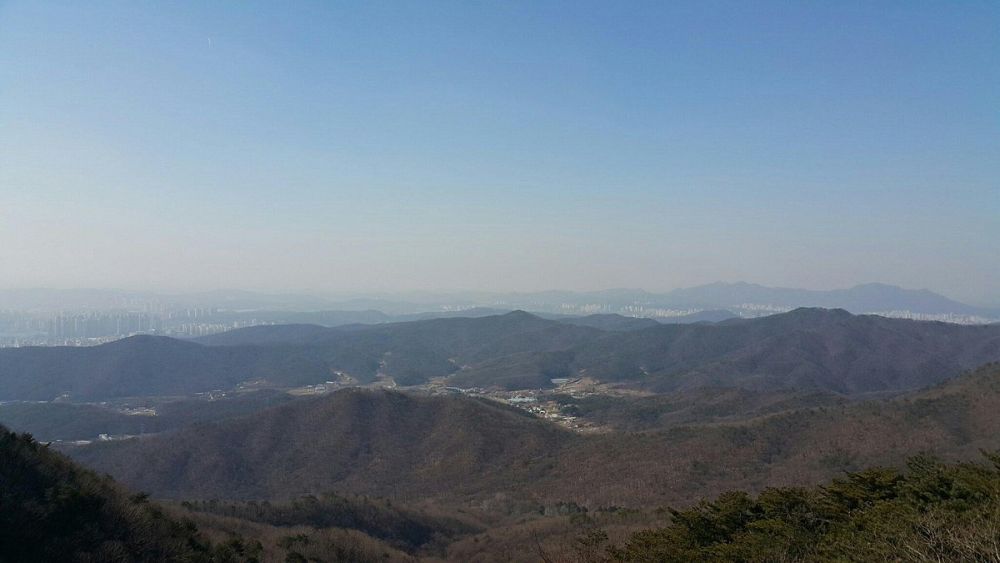

Gwanggyosan Mountain is a prominent natural landmark situated near Suwon, a city known for its historical significance and well-preserved cultural heritage in South Korea. As an area of outstanding natural beauty, Gwanggyosan Mountain provides both a scenic escape for city dwellers and a destination for avid hikers and nature enthusiasts.
The history of tourism at Gwanggyosan Mountain can be traced back to its popularity among local hikers and nature lovers. Over time, its proximity to the metropolitan areas of Seoul and Suwon has made it increasingly popular for those seeking outdoor activities within a short travel distance from their urban environments.
Gwanggyosan Mountain has historical significance, with mentions in various historical records, it has long been a space for contemplation and recreation. Its growth as a tourist destination gained momentum in the late 20th and early 21st century when South Korea saw a surge in domestic travel, and appreciation for the great outdoors became a prominent aspect of South Korean leisure culture.
In recent years, the South Korean government and the local authorities of Suwon have invested in developing and preserving walking paths and hiking trails around Gwanggyosan Mountain. The infrastructure improvements are aimed at making the mountain more accessible while preserving its natural environment for future generations.
As international travel interest in South Korea grew, Gwanggyosan Mountain has also become included in the itineraries of tourists seeking to explore areas beyond the usual urban attractions. Efforts have been made to provide facilities such as informational signage in multiple languages, ensuring that non-Korean-speaking visitors can enjoy the mountain's offerings.
With global trends moving towards sustainable and wellness tourism, Gwanggyosan Mountain is seeing a rise in popularity among travelers looking for destinations that offer physical activities aligned with health and well-being. The mountain's natural setting makes it an ideal spot not only for hiking but also for meditation, forest bathing, and photography, attracting a diverse group of visitors.
Additionally, the growing international renown of Korean popular culture, often referred to as the "Hallyu" wave, has contributed to an increase in tourists who are eager to explore the natural landscapes that have served as backdrops in Korean movies and television shows.
Gwanggyosan Mountain's blend of accessibility, natural beauty, and cultural significance makes it an enduringly popular destination for both domestic and international tourists. With continued efforts towards sustainability and inclusivity, the mountain is likely to preserve its charm and attract nature lovers for many years to come.